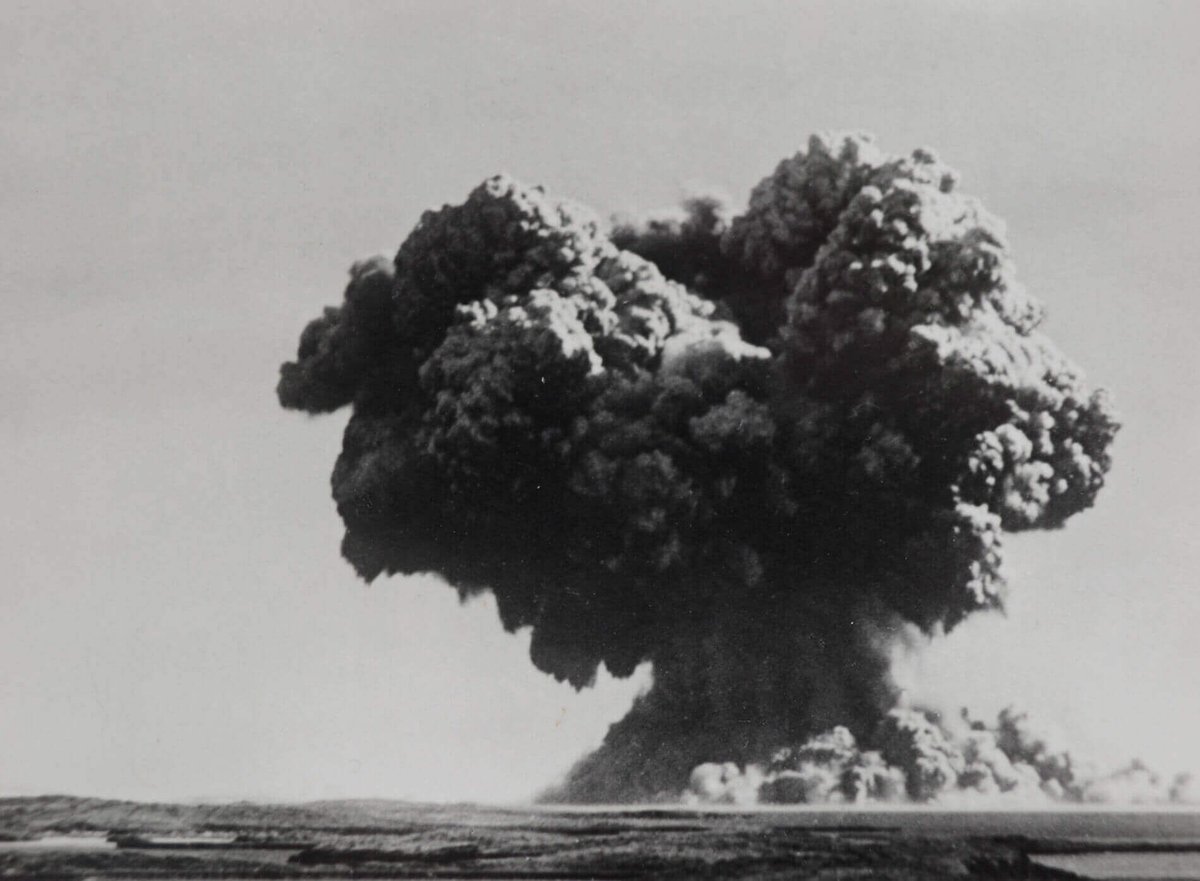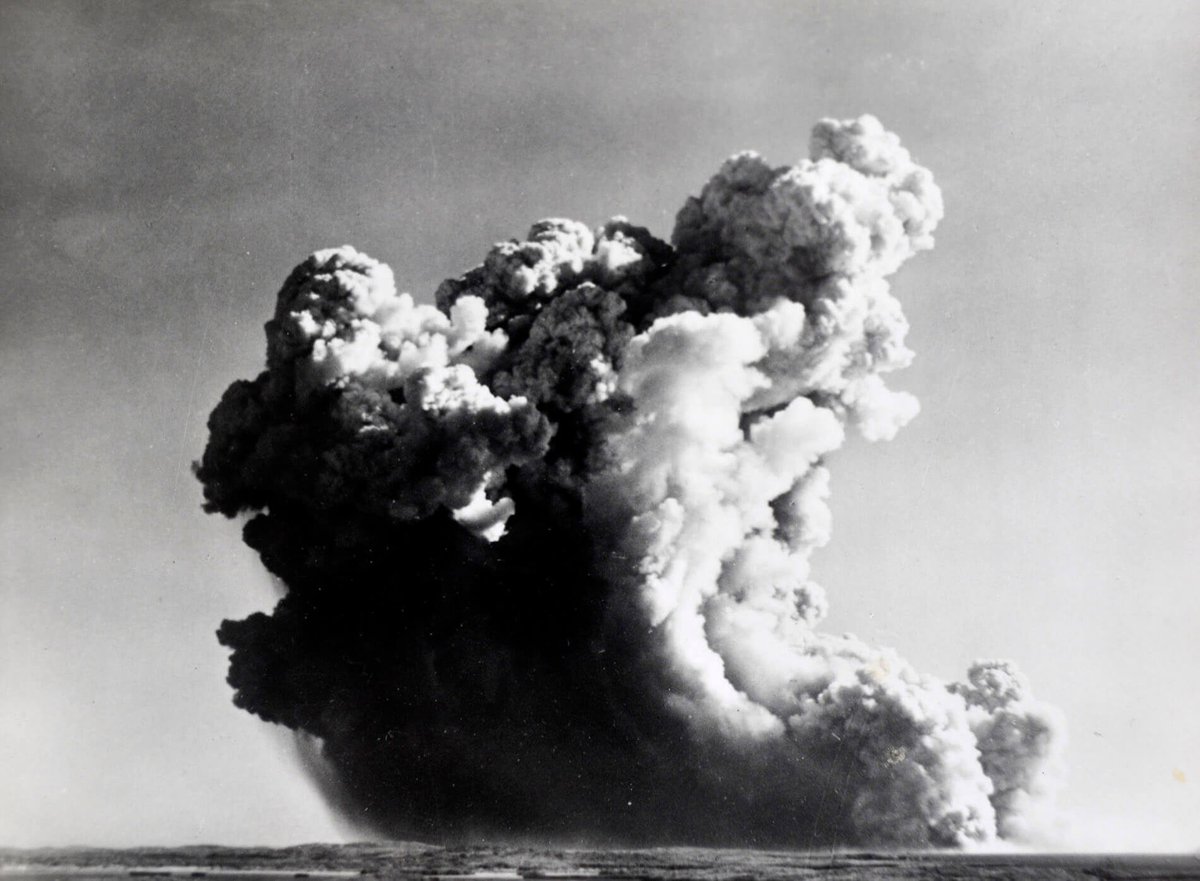
Launch at #SOTP22 of the first Pacific Attitudes Survey (PAS), conducted in Samoa. PAS gauged views of ordinary Samoans on questions related to democracy, economics, governance, tradition, climate change, social media and international relations.
openresearch-repository.anu.edu.au/handle/1885/26…
openresearch-repository.anu.edu.au/handle/1885/26…
Lots of interesting findings on generational differences in political attitudes: Samoan respondents aged 21-29 were significantly less likely (57.9%) to agree that ‘democracy is always preferable to any other kind of government’ than respondents aged 30-59 (67.3%) or 60+ (68.8%).
Responses on climate raise many more questions about awareness of climate effects amongst rural populations, the theology of disasters, and fatalism about responses: “Higher levels of education correlate significantly with greater concern about climate change and its impacts.”
For Samoan survey respondents, 43% see climate change as an ‘urgent problem that needs to be addressed’ and 10% an issue that is ‘not yet an urgent problem but will be addressed in the future’. However 39% thought it will ‘never be necessary’ to address climate change.
As a journo, I'm worried to see a majority believed that ‘government should have the right to prevent the media from publishing things that might be harmful to society’ (66.3%) rather than ‘the media should have the right to publish news ideas without government control’ (32.7%).
For Samoan survey respondents, which country has the most influence in the Pacific, now and in 10 years’ time? China 58% now and 55% 10 years; US 14/11; NZ 14/14; Australia 7/12; France 0/0.5. And a role model for development for Samoa? NZ 36%; China 33%; Australia 17%; USA 12%.
There are plans to continue surveys in other Pacific island countries and over time (resources permitting). There’s lots more analysis on this survey – a first in the region – conducted by a team from NUS in Samoa and ANU and Swinburne Uni in Australia.
onlinelibrary.wiley.com/doi/10.1002/ap…
onlinelibrary.wiley.com/doi/10.1002/ap…
• • •
Missing some Tweet in this thread? You can try to
force a refresh











